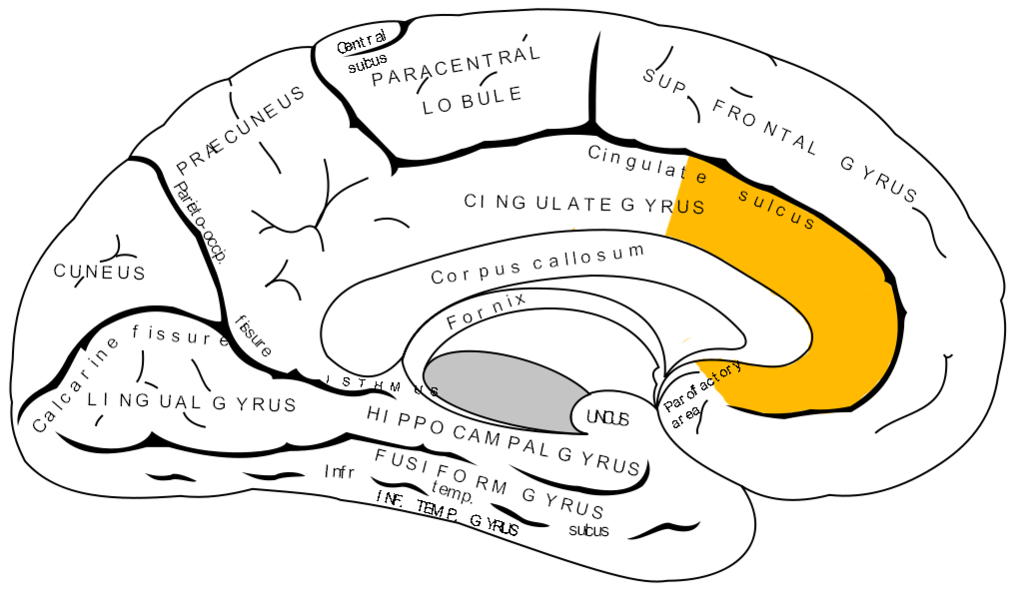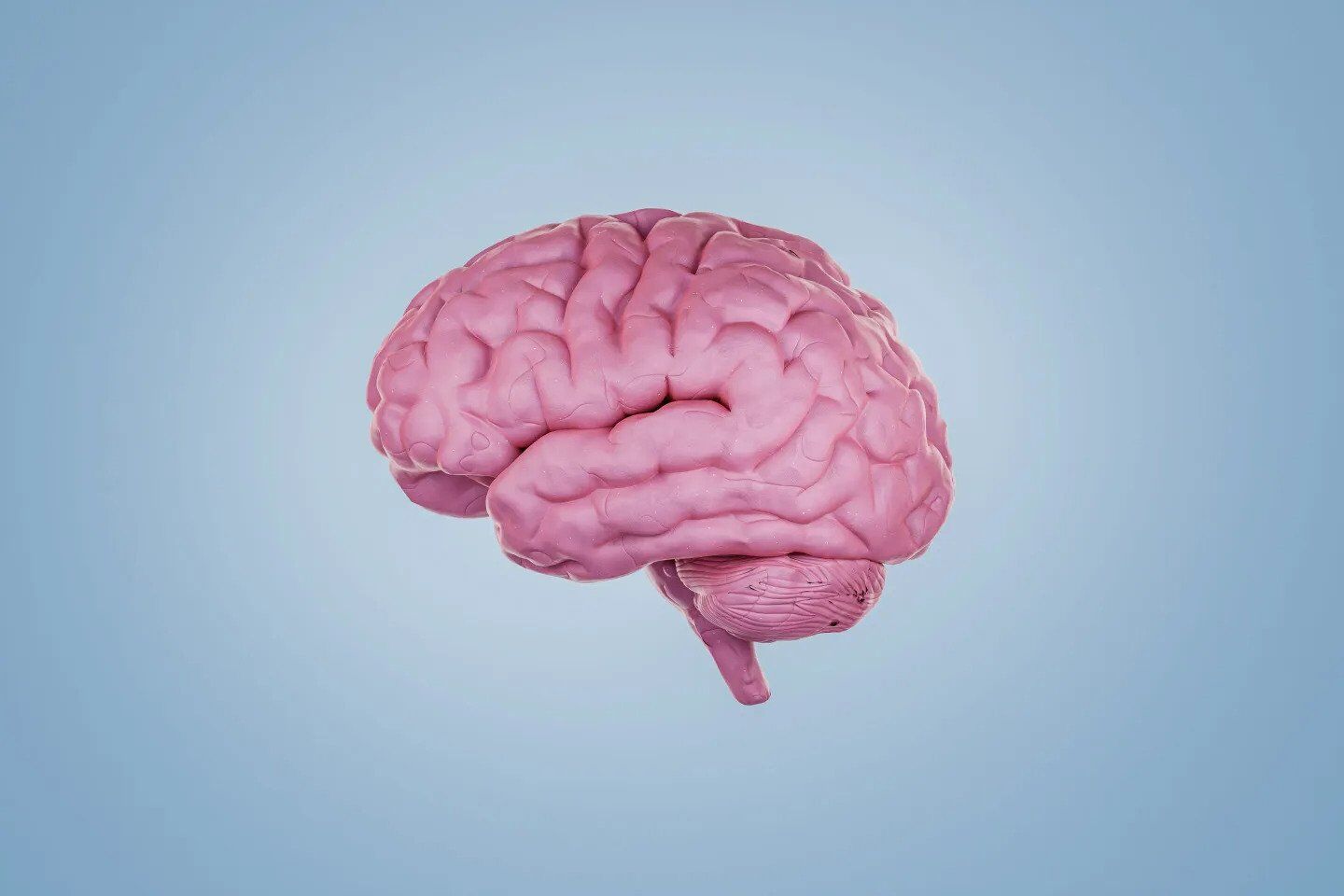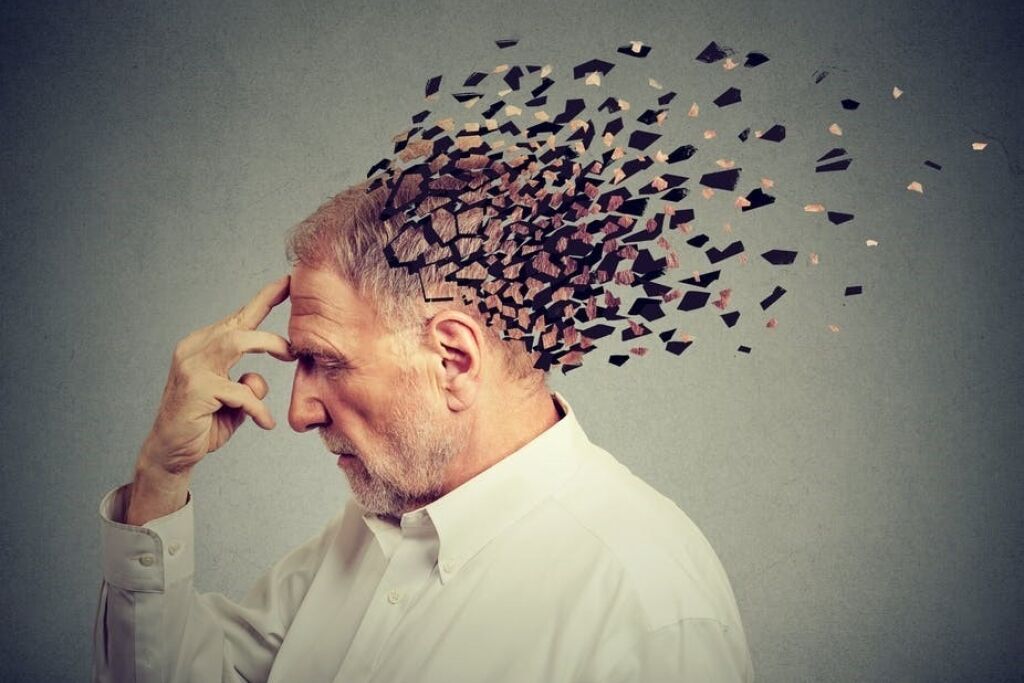Time's enigma revealed: study challenges perceptions of time

In a recent study published in the journal Current Biology, a team of researchers from UNLV has put forward compelling insights into the way our brain measures time, reports SciTech. Their findings suggest that time is not subject to a strict chronological order but rather based on the quantity of experiences we encounter. Moreover, the researchers discovered that the pace and intensity of our activities influence our perception of time.
Instead of relying on an internal clock, our brain relies on the things we do and the events that happen to us to gauge time. According to James Hyman, a senior author of the study and associate professor of psychology at UNLV, time appears to move slowly when we are stagnant or bored because, in those moments, we are not engaged in any meaningful activities. On the contrary, when we are actively involved in numerous events, each action propels our brain forward, creating the sensation that time is passing faster.
The study focused on the anterior cingulate cortex (ACC), a critical region of the brain responsible for monitoring activity and tracking experiences. While researchers were already aware that repetitive motions elicit similar, yet slightly distinct, brain patterns, they sought to determine whether the subtle changes in these patterns corresponded to the sequence of motions performed. Additionally, they investigated whether the duration of carrying out a series of actions impacted brain wave activity.

Comparing the pattern changes throughout the task, researchers observed distinguishable shifts in brain activity as one progressed from the beginning to the middle and finally the end of the activity. It is important to note that regardless of the speed at which the subjects performed the motions, the patterns of brain activity remained consistent. Employing a machine learning-based mathematical model to predict the flow of brain activity further consolidated the evidence that experiences, rather than time or minutes on a clock, drive changes in neural activity patterns.
The crux of these findings lies in the distinction made by Hyman. In an analogy with factory workers, he explained that the time taken to complete a task does not alter the brain patterns. Instead of acting like a clock, our brain functions more like a counter. Our brains absorb the essence or feeling of time through experiences rather than fine-tune it with exact measurements. For instance, certain distinctions can be made between aspects of an activity, but remembering minute details becomes nearly impossible.
Further investigations revealed how the brain counts with the assistance of various small collaborative groups of firing cells. Throughout a task involving a series of motions, these cells work collectively, passing the metaphorical baton to a different set of neurons every few repetitions, akin to a relay race. In this way, the brain tracks motions and marks the passage of time over the course of the task.

The implications of these findings extend beyond physical movements and also pertain to activities-driven actions of diverse natures. Hyman emphasized how important the ACC is for tracking something like a conversation during dinner. We can recall information discussed earlier or later at the dinner table, but recalling single-separated sentences becomes a challenge. However, we can map out the various topics discussed at the beginning, during dessert, and at the end of the conversation.
In addition, the researchers observed that maintaining a good pace influences our perception of time. The more actively engaged we are, the more swiftly time seems to pass. It challenges the notion that time flies only when we are having fun and suggests that it indeed flies when we are highly productive.
While there is already ample knowledge on brain processes over short time scales, this UNLV study delves into examining brain patterns and time perception within a few minutes to hours—the timeframes in which we lead much of our lives. Far more than merely an interesting research endeavor, it holds potential for understanding human behavior and emotions. The ACC, which was the focus of this study, is implicated in many psychiatric and neurodegenerative disorders. Disorders such as mood disorders, PTSD, addiction, anxiety, and dementias, including Alzheimer's disease, are linked to ACC dysfunction and distortions in time perception.

Exciting as the breakthroughs are, further research is necessary to fully comprehend these intricacies. Nonetheless, according to Hyman, these preliminary findings offer valuable insights into everyday life and memory processes. For instance, individuals could utilize the knowledge to better navigate tasks like school assignments or cope with emotionally challenging events. Hyman suggests that slowing down and allowing quiet moments of reflection can help bolster memory retention, allowing for improved recall. Conversely, diving into engaging activities promptly can help individuals move on from certain situations quickly.
It is crucial to recognize the intricate interplay between the ACC, emotions, and cognition. Considering the brain as a physical entity that we can shape and influence enables us to regulate our subjective experiences. Instead of perceiving the sensation of time purely as a psychological phenomenon, viewing it as a physical process empowers us to harness its potential for our mental well-being.
Ultimately, these findings challenge established notions of time, emphasizing how experiences and activity truly shape our perception of its passage. By understanding these mechanisms, we can unravel Time's secrets and make the most of our fleeting moments.
Earlier SSP told that a novel approach revealed crucial role of brain gene activity in Alzheimer's disease.



















